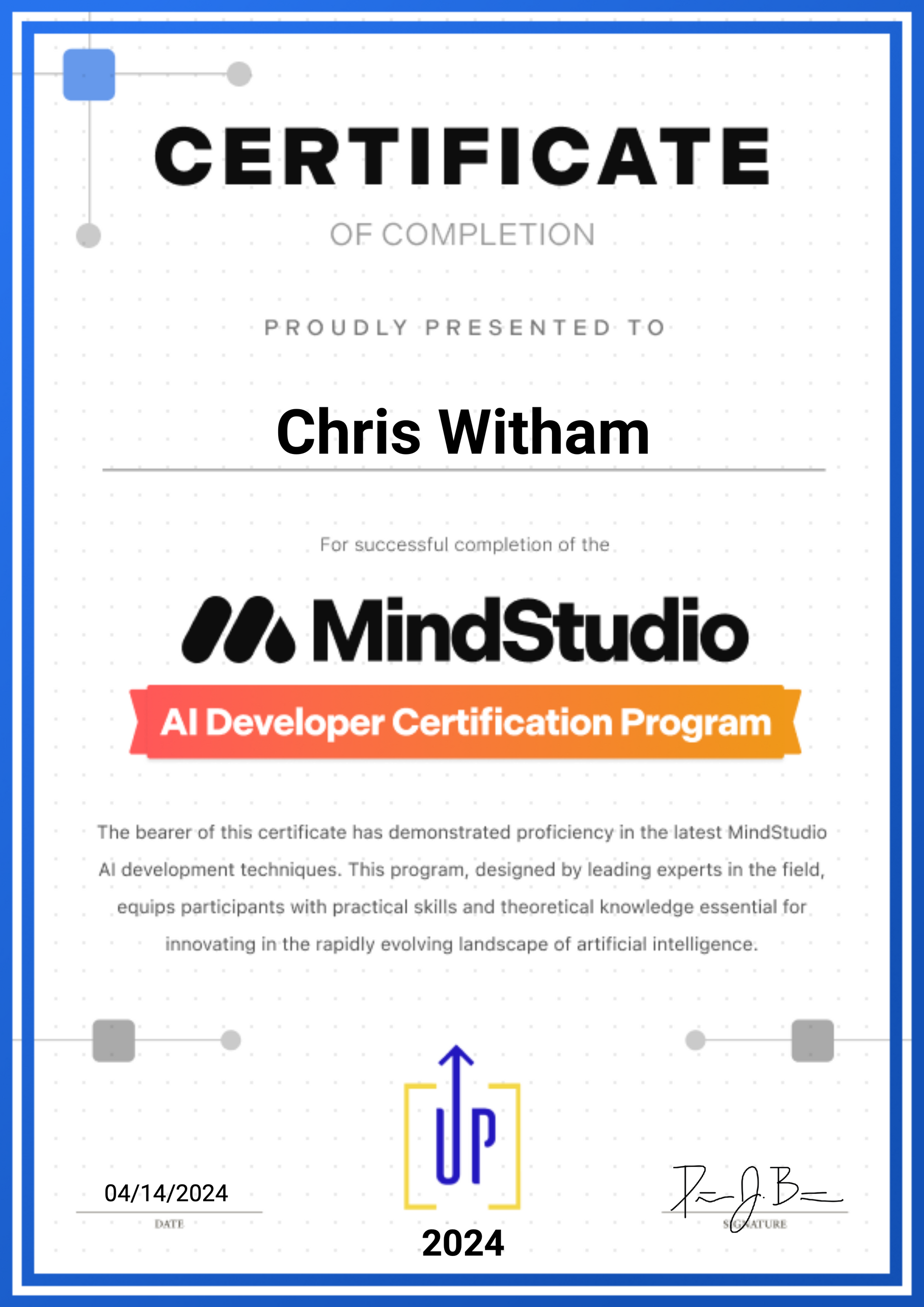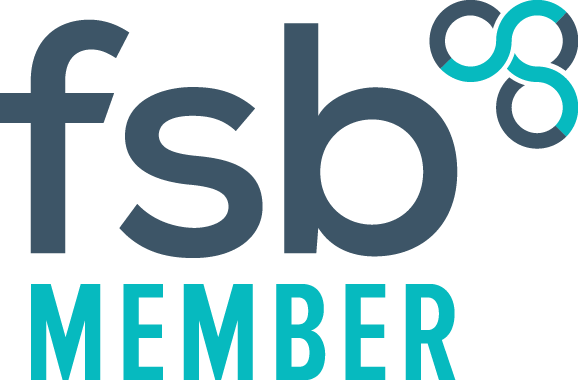Have questions? Contact Chris today for a chat about how we can help you
AI for Breakfast
Post 174 - How AI is transforming the conveyancing process in the UK housing market.
Buying a house is one of the biggest financial decisions most people will make in their lives. It's an exciting but often stressful process, especially when it comes to the legal side of things - conveyancing. Conveyancing refers to the legal transfer of home ownership from the seller to the buyer. It typically takes 8-12 weeks and involves a lot of paperwork, searches, enquiries and potential delays [1][2][3].
However, artificial intelligence (AI) is starting to revolutionise the conveyancing industry in the UK. By automating routine tasks, providing advanced data analysis, and improving communication between parties, AI has the potential to make the home buying process faster, more efficient and less prone to delays or failures. Here are some of the key benefits of using AI in conveyancing:
Faster transactions
One of the main advantages of AI is that it can significantly speed up the conveyancing process. Machine learning algorithms can automate time-consuming administrative tasks like filling out forms, ordering searches, and chasing parties for information[4][6].
Chatbots powered by natural language processing can engage with clients 24/7, answering common questions and freeing up conveyancers to focus on more complex legal work[5]. By streamlining these workflows, transactions can be completed in a matter of days or weeks rather than months.
More accurate due diligence
AI-powered software can rapidly analyze vast amounts of data from property searches, land registries, mortgage documents and more. It can highlight any potential red flags or discrepancies that a human may miss[4][7]. For example, it could identify restrictive covenants on a property, planning constraints, flood risks, etc. This reduces the chances of nasty surprises down the line that could jeopardize the sale. Buyers can proceed with more peace of mind.
Better communication and transparency
Another key benefit of AI is improving communication between all the parties involved in the conveyancing process - buyers, sellers, estate agents, mortgage brokers, surveyors, etc. Platforms can provide real-time updates on the progress of the transaction so everyone is kept in the loop[5][7]. Blockchain technology could also be used to securely share and verify documentation, minimizing the risk of fraud[4].
The future of AI in conveyancing
As AI continues to advance, its role in the conveyancing industry will only grow. We may see intelligent systems that can actually understand the meaning behind clauses in contracts and flag any issues[8]. Predictive analytics could assess the risk profile of a transaction based on a buyer's history. While AI will never fully replace the expertise of trained conveyancers, it will increasingly become a tool to augment their capabilities. Forward-thinking legal firms in the UK that embrace this technology now will be well-positioned to thrive.
In conclusion, the traditional conveyancing process has long been a source of frustration for home buyers in the UK. But with the help of artificial intelligence, the future is looking much brighter. By enabling faster transactions, more robust due diligence, and better communication, AI could take much of the hassle out of this important step to home ownership.
Citations:
[1] https://hoa.org.uk/advice/guides-for-homeowners/i-am-buying/conveyancing-made-easy-for-buyers/
[2] https://www.solegal.co.uk/insights/stages-conveyancing-process-explained
[3] https://www.insight-law.co.uk/blog/the-conveyancing-process-a-step-by-step-guide/
[4] https://www.in-case.co.uk/news/ai-in-conveyancing
[5] https://thenegotiator.co.uk/news/artificial-intelligence-is-reshaping-the-uk-property-industry-for-the-better/
[6] https://robocloud.co.uk/automated-conveyancing-processes/
[7] https://avrillo.co.uk/ai-in-conveyancing/
[8] https://www.hartree.stfc.ac.uk/publications/case-studies/2023/08/14/simplifying-the-house-buying-process-easier-with-ai/
LucidSynergy Ltd.,
7 Forbes Business Centre
Kempson Way
Bury St Edmunds
Suffolk
IP32 7AR
Occasional Newsletters
We will get back to you as soon as possible
Please try again later
© 2025 LucidSynergy Ltd. Registered in England and Wales No.7080913.








